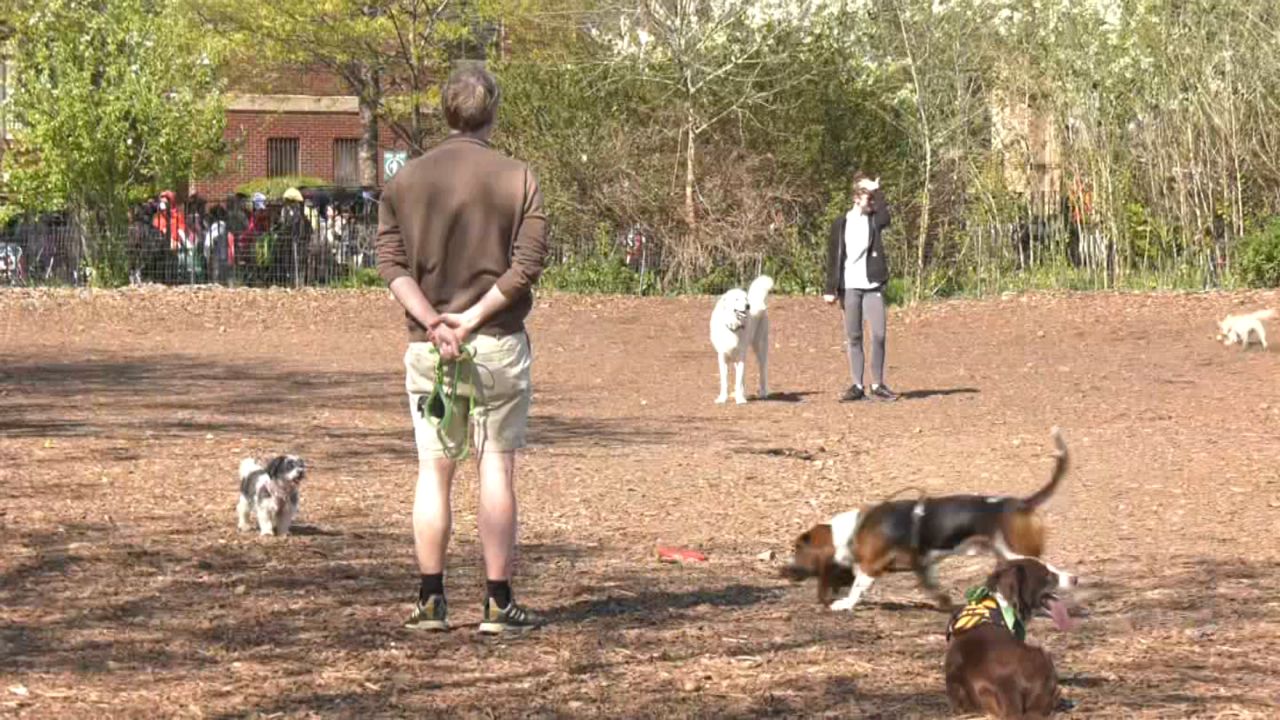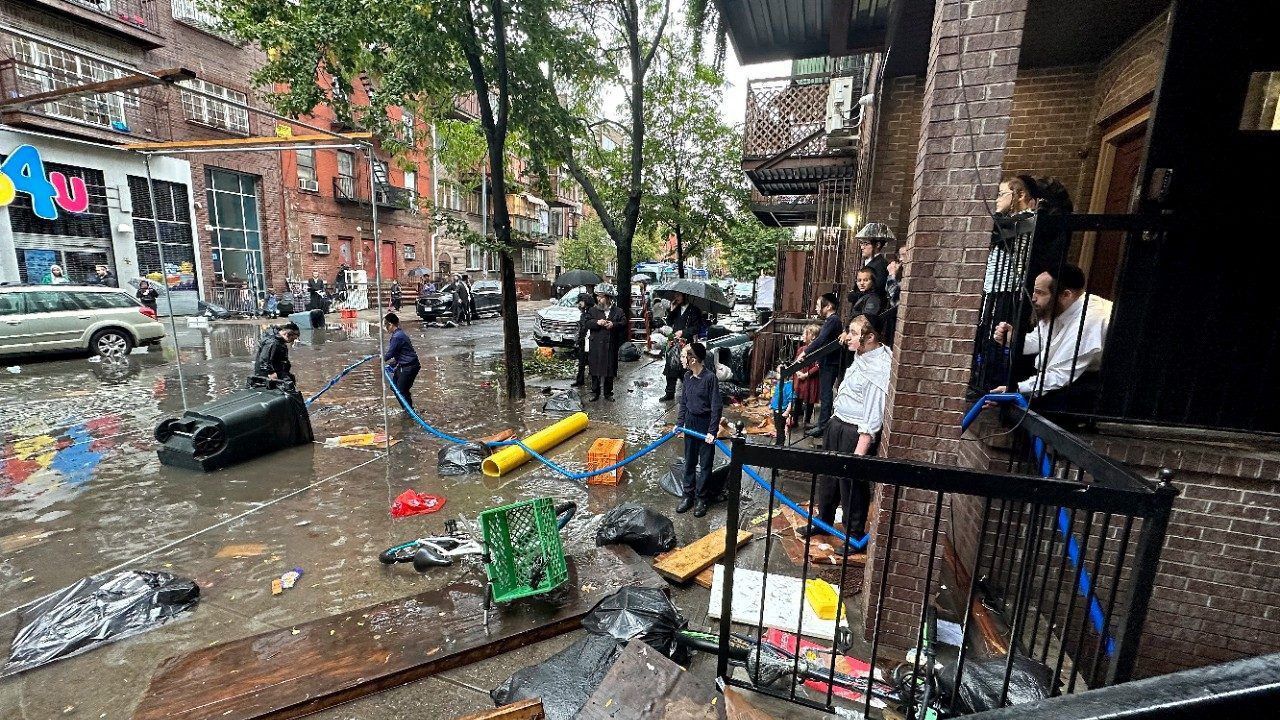Canoes are being tied up and taken out of the Gowanus Canal.
Brad Vogel is the captain of the Gowanus Dredgers Canoe Club and said that, while the canoes are usually stored for the winter come November, this time it's different. That's because he doesn't know if they'll be back in the spring now that a new phase of the canal's cleanup is about to begin.
"These are steel bulkheads driven down to make sure the land does not cave into the canal when they take out about 10 to 12 feet of sediment down at the bottom,” explained Vogel.
With that dredging of the canal, the U.S. Environmental Protection Agency is banning all boating and other recreational activities in the main channel of the Gowanus north of the Third Street Bridge.
The Canoe Club's landing lock is located right on Second Street and is expected be part of the shutdown. The Brooklyn Paper first reported on the ban.
"We call ourselves the Gowanus Dredgers,” said club founder Owen Foote. “We want it dredged. So we really are out here to make sure that this happens. But not at the sake of putting us out of business. The number one thing that we are is a canoe club. If we cannot canoe, we fail in our mission."
Owen Foote founded the Gowanus Dredgers 21 years ago to connect Brooklynites to the long-neglected and ridiculed waterway and to raise awareness about the pollution plaguing it.
The 1.8 mile waterway is so toxic from decades of industrial dumping it is now a federal superfund.
The EPA says the dredging will start in mid-November and because the canal is narrow, it needs to halt all boating. But the canoe club says they can co-exist.
"We've been out here alongside barges and tugs and bulkheads and all sorts of things in the industrial waterway for many years,” said Vogel. “And so we're definitely familiar with sharing the waterway with a variety of uses."
The club says it's presenting its argument to the EPA, and is hoping for a compromise, such as allowing recreational activities after the contractors finish for the day.
The feds say there are logistical issues and operating safely is the priority. But it's committing to an ongoing dialogue with the group. The cleanup work for this phase is expected to go into the summer of 2023.







_PKG_Oyster_shell_sweaters_Clean_129560026_150)
 PKG Bk Atlantic Yards Delay CG)
